What to Do with “Spot” When Selling Your Home
According to the 2017-2018 National Pet Owners Survey conducted by the American Pet Products Association (APPA), 68% of American households have at least one pet. If you’re one of the approximately 85 million families that shares your home with a four-legged friend, that can be challenging when it comes time to sell your home.
A couple of weeks ago Property Geek Hannah Smith answered a seller’s question on our weekly #GrillTheGeeks segment about how to handle their pets when they had showings. If you missed Hannah’s response, you can watch it here:
#Grill The Geeks – Pets & Showings
Hannah Smith, Realtor chats about why it's so important to have a plan for your 🐕 pets🐈 when selling your home. Have a question for #GrillTheGeeks? Message us on Facebook or send it to info@thepropertygeeks.com.#BHHS
Posted by The Property Geeks on Wednesday, January 9, 2019
Basically, if you’re able, it’s best to make sure your pets are removed from the home when you’re having a showing. Here are our top reasons why:
#1 Pets stink.
We love them and couldn’t live without them, but let’s be honest… most pets have a certain eau de animal about them. If you’re able to find Fido somewhere else to stay while your house in on the market, that would be ideal. But if you can’t temporarily rehome your pets, we do advise removing them from the house during showings. Spray a little Febreze around their preferred areas and take the dog for a walk or the kitty to a friend’s place while prospective buyers are walking through.
#2 Pets can be squirrely.
No matter where you secure your beloved furry friends during a home showing, there’s a chance they could get loose. A buyer might not see the sign you left on the laundry room door and next thing you know, your cat could be hightailing it right through the front door. No agent wants to have to make that call.
#3 Pets get stressed out.
Even if you’ve got your pup nestled into his crate in a corner of the basement, you have no idea how much stress it might cause him to have strangers parading around his house. Spot doesn’t know you’re selling — he just knows there are people there who probably shouldn’t be. If he barks the whole time prospective buyers are trying to tour your home, he might just be the reason they write an offer on a different property.
#4 Pets are unpredictable.
Your cat might be the most loving feline on Earth. But what if she chomps down on a kiddo’s hand who reaches out to pet her? As real estate agents, we’ve heard it all. You’d be surprised how many times a loving four-legged member of the family gets a bad rap for having a natural reaction to a stranger being in their home.
#5 Pets are living allergens.
We’ve seen estimates that 10% of the population has pet allergies, with cats being twice as likely as dogs to cause an allergic reaction. Removing the pets from the home just for a showing won’t eliminate allergens, but it may help. And if you’re able to find a new temporary home for your dog or cat while your house is on the market, it might increase your odds of finding a buyer.
We know it’s not always possible to make alternate arrangements for your pets and buyers do understand that. If you can’t remove them during a showing, try to make sure they’re in a separate area and well-contained for their safety as well as the safety of the prospective buyers.
If you have other questions for #GrillTheGeeks, feel free to send us an email at Info@ThePropertyGeeks.com.










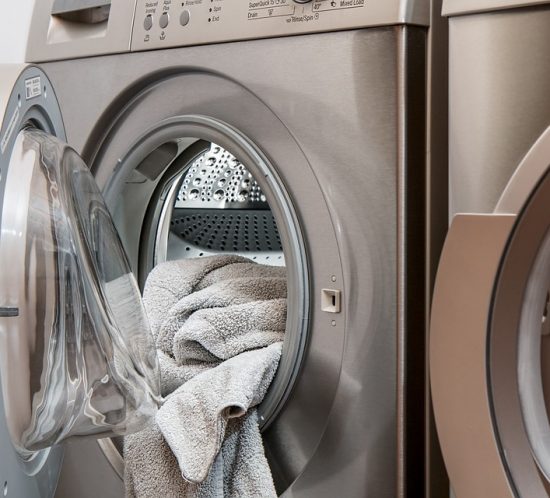

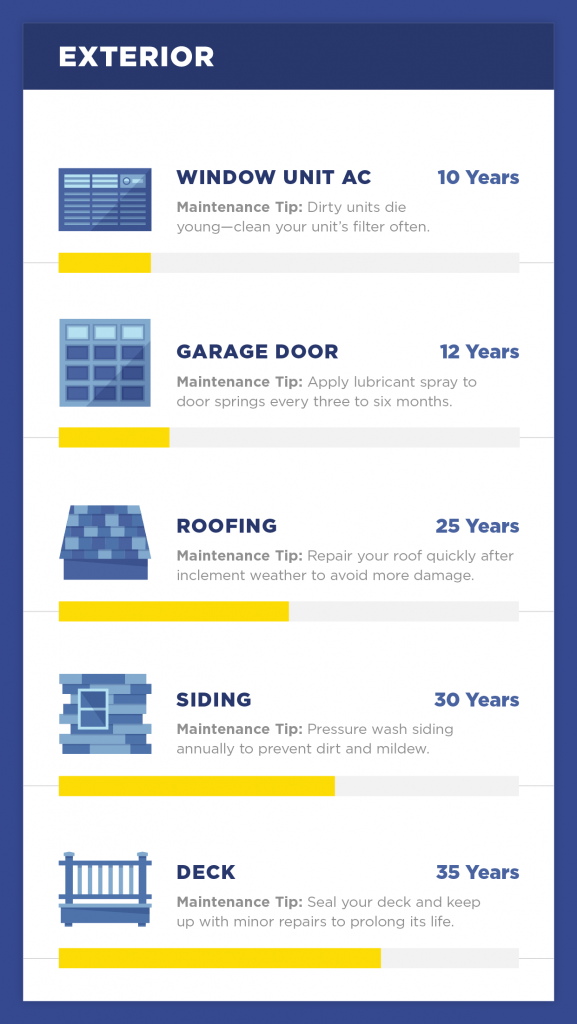

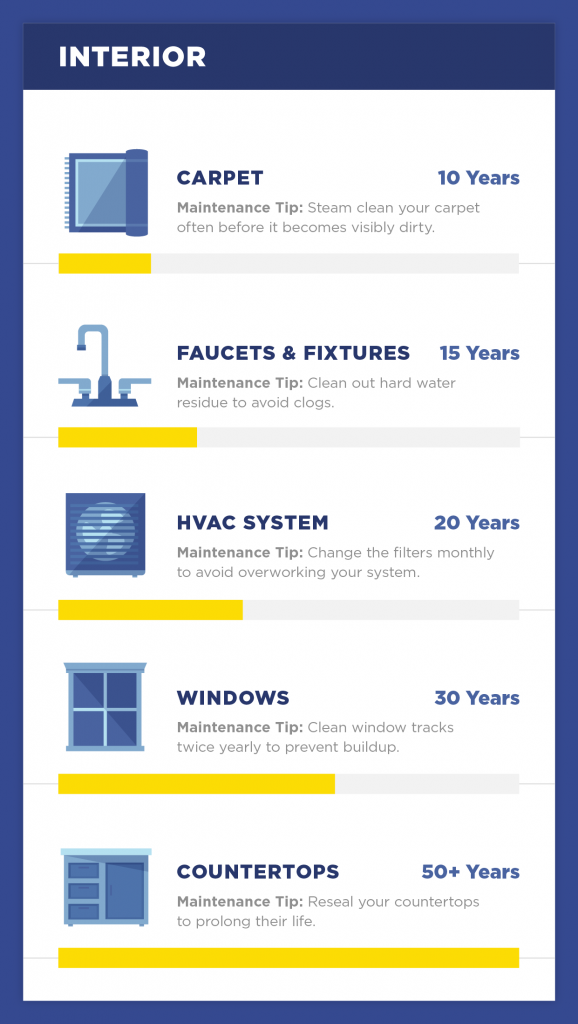

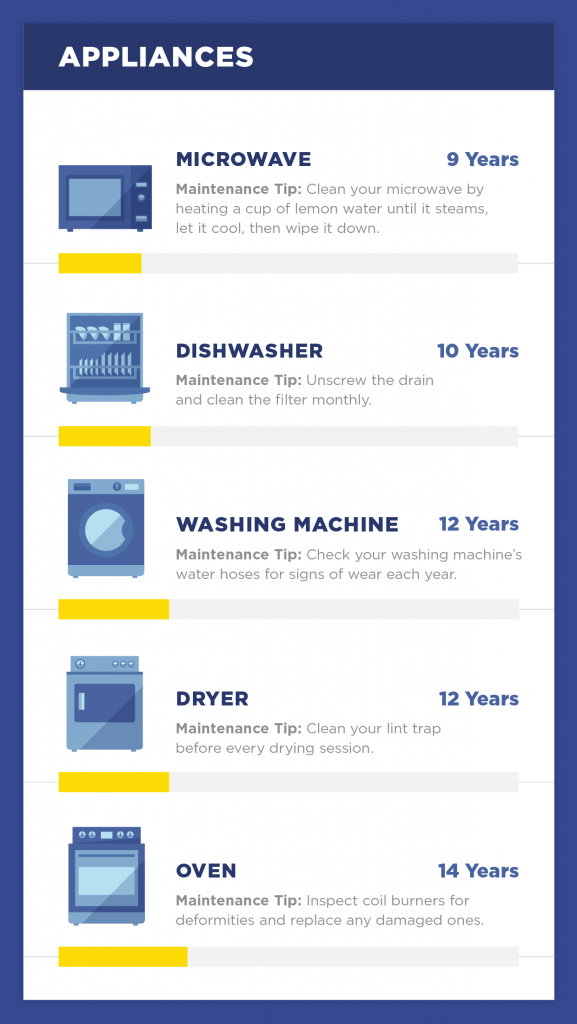

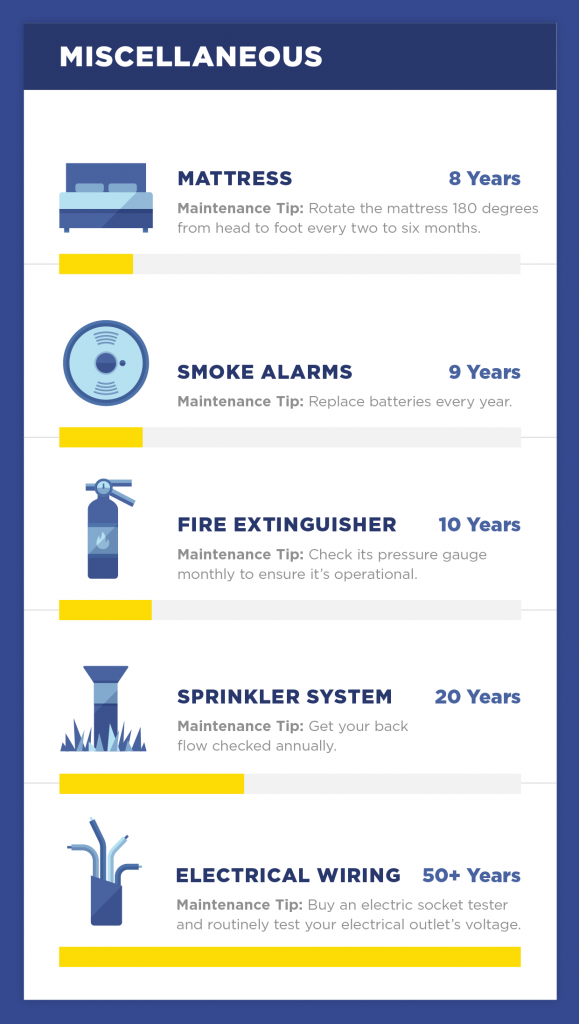





 1. Act fast.
1. Act fast.


 5. Show them the money.
5. Show them the money.

































